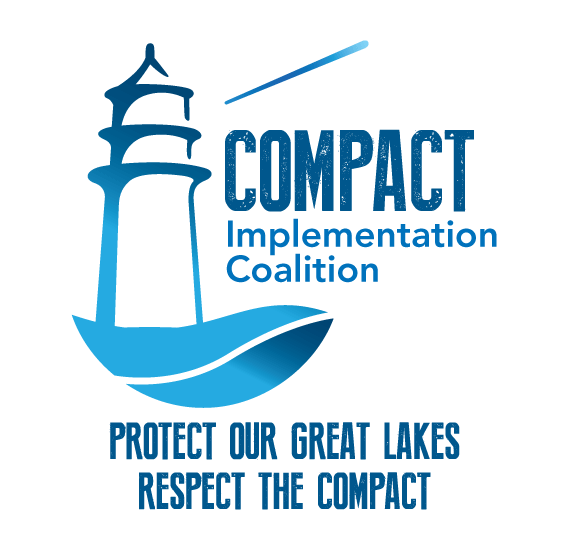International Joint Commission Hails Progress by Governments in Protecting Great Lakes from Interbasin Transfers and Large-Scale Water Export →
International Joint Commission, January 19, 2016
The International Joint Commission (IJC) today commended federal, state and provincial governments in the Great Lakes Basin for making enormous strides toward protecting the Great Lakes from water diversions and managing consumptive uses. In 2000 the IJC called for strengthening defenses against harmful water transfers out of the Great Lakes basin and the current report reviews progress since that time.
The IJC report calls developments since then "for the most part a good news story". The policy gaps identified by the IJC in 2000 have been largely filled. But both ongoing management vigilance and additional scientific advances will be required to maintain that positive momentum.
The most significant accomplishment since the IJC’s 2000 report was the signing in 2008 of the Great Lakes-St. Lawrence River Basin Compact among the eight Great Lakes states and a parallel agreement among the states, Ontario and Quebec to ban most diversions and exports. The states and provinces have taken other important steps to protect Great Lakes waters from diversion and export.
"The citizens of the Great Lakes region have been well served by their governments, who have taken a reasoned and effective approach to stopping water transfers out of the basin," said Canadian Commissioner Benoît Bouchard. "This is really a model for watersheds all over the world, emphasizing water conservation and stewardship."
"There is no surplus Great Lakes water, as only one percent of the Great Lakes water supply is renewed each year by rainfall and snowmelt," said U.S. Commissioner Dereth Glance. "The IJC applauds the leadership exercised by the Great Lakes states and provinces, and recommends further strengthening of key measures, including water conservation, accuracy of water use data, and using adaptive management to promote resilience under future climate scenarios."
